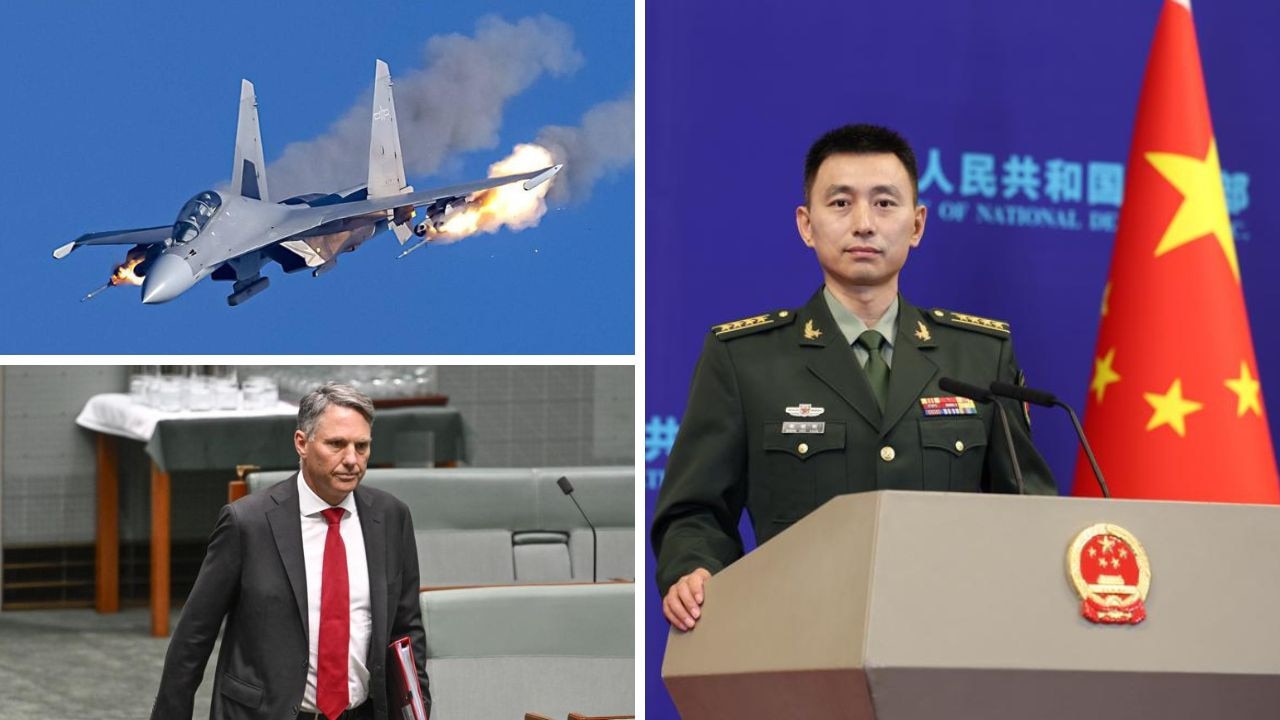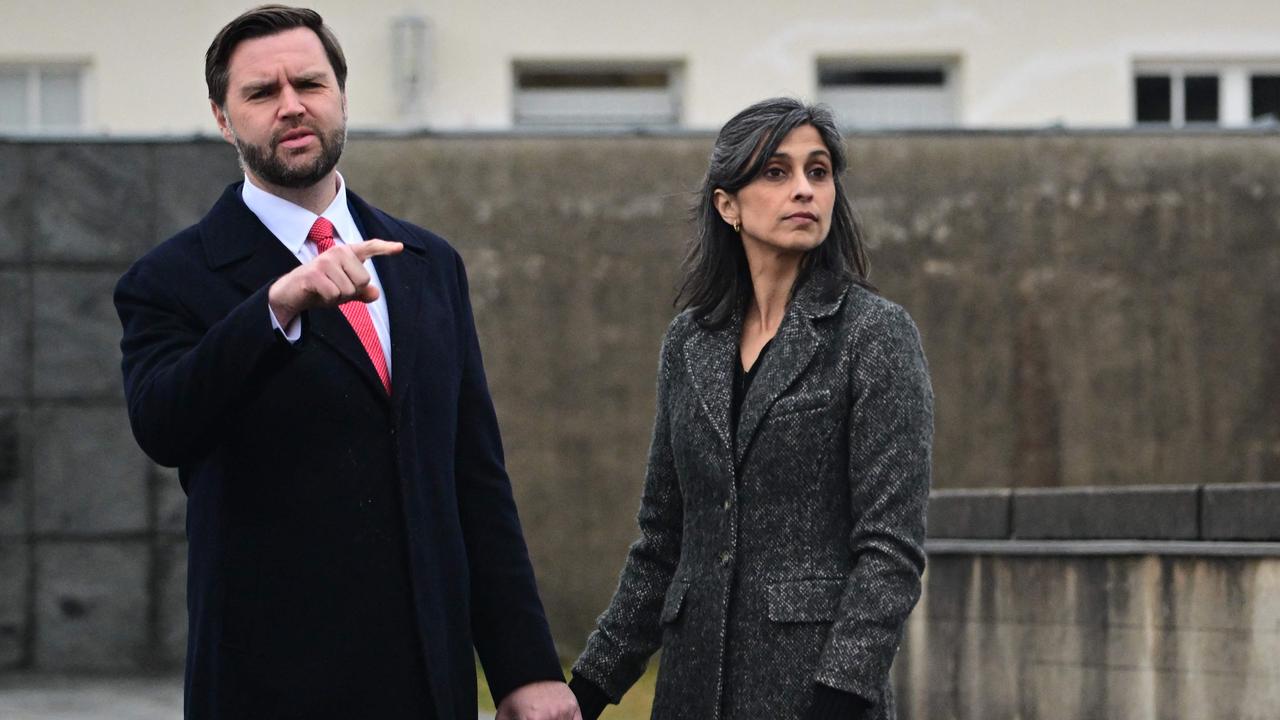‘Payback’ corruption case starts to spook foreign investors
The case has been ridiculed as the equivalent of charging Indonesian drivers with causing losses to state-owned oil and gas company Pertamina by filling their cars with fuel from a Shell petrol station.
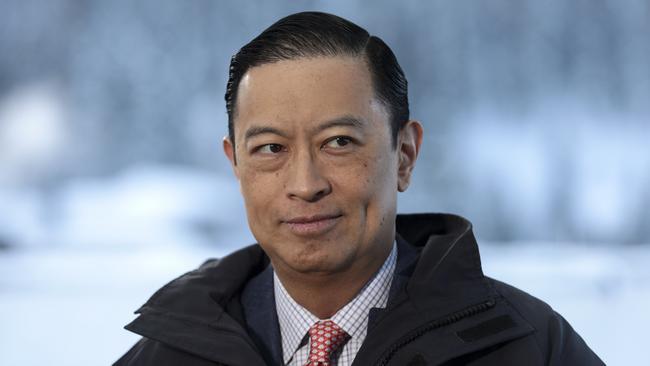
Indonesia is no stranger to high-profile corruption cases.
But few have been more controversial – or had a more chilling effect – than the politically charged arrest last month of former trade minister and Investment Board chairman-turned Joko Widodo critic Tom Lembong, just days after the former two-term president stepped aside for his successor, Prabowo Subianto.
The highly-regarded policy wonk who helped draft the landmark Australia Indonesia trade deal and ran this year’s presidential campaign of former Jakarta governor Anies Baswedan has been languishing in a Jakarta jail since late October on allegations he caused state losses nine years ago as trade minister by issuing permits to a private company to import sugar.
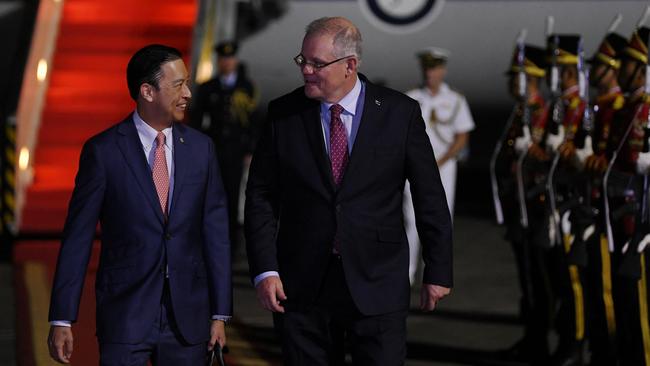
The Attorney-General’s case revolves around the contested allegation that Indonesia had a sugar surplus at the time and that Lembong, by allowing a private company to import 105,000 tonnes of raw sugar, caused the state to suffer an unrealised loss of Rp400bn ($38.7m in 2024 Australian currency)
Lembong has said he consistently consulted then-president Jokowi on import policy and is “committed to uncovering the truth and upholding justice”.
The case has been ridiculed on social media as the equivalent of charging Indonesian drivers with causing losses to state-owned oil and gas company Pertamina by filling their cars with fuel from a Shell petrol station.
But it is no laughing matter.
From political opposition groups and civil society activists to diplomats and foreign investors, the case is being widely viewed as payback for a political dissident who hitched his wagon to Jokowi arch rival Baswedan, and criticised key Jokowi-era initiatives such as the nickel downstreaming policy that has led to Chinese dominance of Indonesia’s smelter industry and significant environmental damage even as it has added billions of dollars in exports.
Jokowi critics say Lembong’s prosecution fits a pattern in which law enforcement agencies were weaponised under the Jokowi administration to go after political enemies and rivals.
News that Lembong had lost his pre-trial appeal and would now face trial quickly rippled through the room at this week’s annual American Chamber of Commerce investment summit, one of the country’s most important business events where senior officials and government ministers mingle with foreign chief executives.
“The whole business with Tom is being watched closely by many foreign companies,” one prominent foreign investment figure, who asked for anonymity for fear of blowback, later told the Weekend Australian.
“A big fear is that this will make ministers afraid to make decisions – even ones that are technically within their authority.”
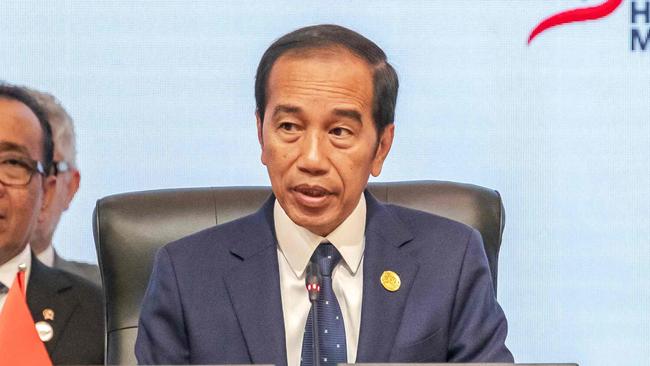
The case has also revived concerns among foreign companies over the fairness of the Indonesian judiciary, particularly given Lembong is widely viewed by foreign investors as a “public official of the highest integrity”, another expatriate business figure and veteran market analyst said on Friday.
“This is a guy that has been on speed dial with ratings agencies – who could be relied on to give balanced economic advice and perspective.
“This has raised the spectre that the Indonesian judiciary is being used to punish and constrain political opponents of the government, similar to what companies have seen for years in neighbouring Malaysia and Thailand.”
Trade specialists have issued similar warnings, pointing out that Lembong’s actions caused no actual loss to the state under the Constitutional Court’s own definition of loss, nor any evidence of maladministration, or kickbacks.
“The thing is, what Thomas did during his time as trade minister was routine as a policymaker,” trade academics Yessi Vadila and Krisna Gupta wrote in an opinion piece for the Jakarta Post on Friday.
Even Jokowi’s own former co-ordinating law minister, Mahfud MD, a previous Constitutional Court judge, questioned the legitimacy of the case, and why Lembong alone was facing trial for something that was also standard practice for four subsequent trade ministers.
Prosecutors have declined to say if other ministers will face investigation.
So controversial has the prosecution become, the Attorney-General’s office was forced to defend the action this week.
“There are rumours that we’re criminalising him, but our actions and the evidence are all clear,” its Director of Prosecution for Special Crimes said outside the South Jakarta court this week.
“There is no such thing” as political enemies, he insisted.
A spooked foreign investment community may need more convincing.


